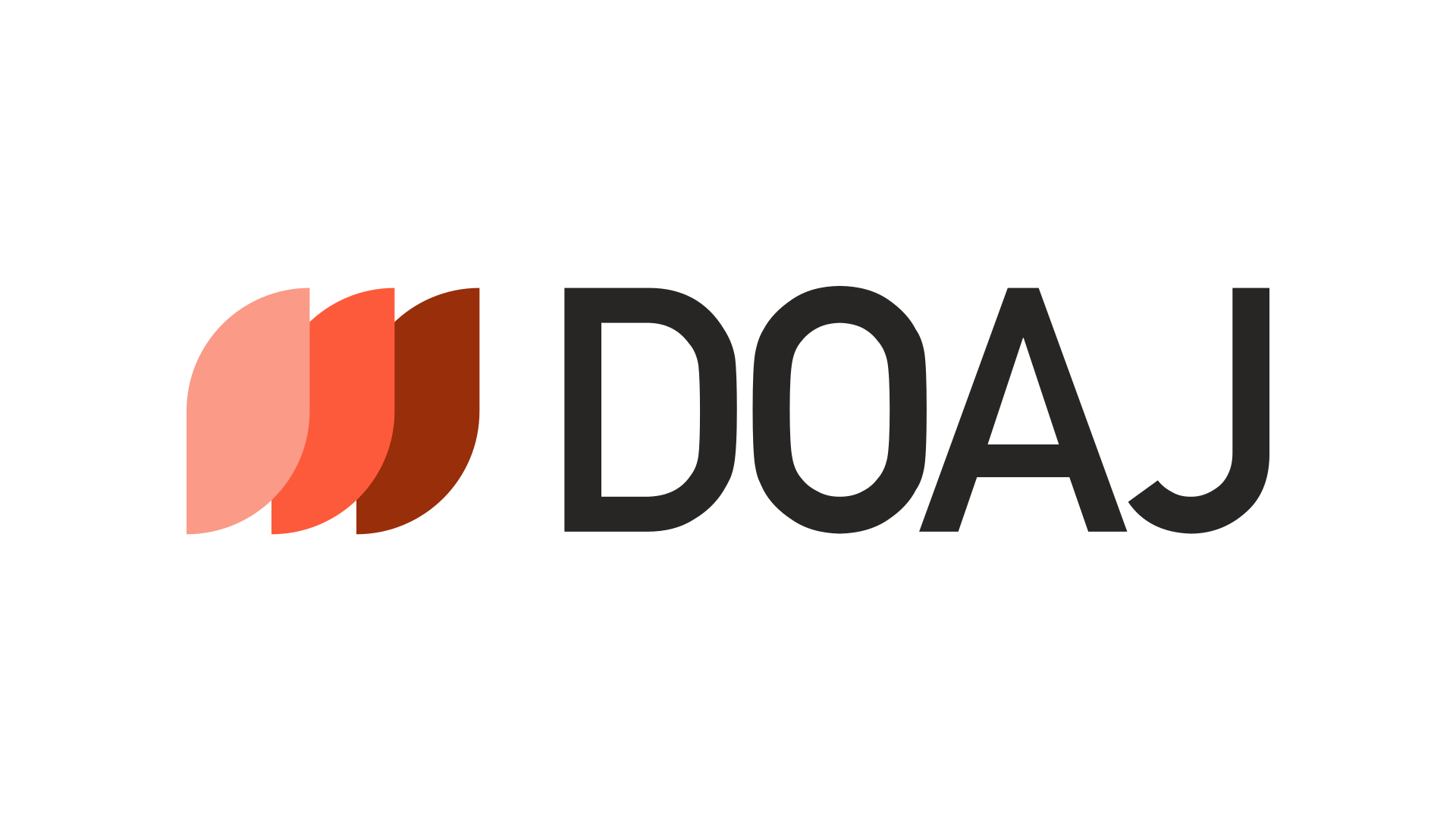PARTNERSHIP MODEL OF THE VILLAGE AUTHORITY IN DEVELOPING TOURISM SECTOR IN CONTO VILLAGE, BULUKERTO SUB-DISTRICT, WONOGIRI REGENCY
DOI:
https://doi.org/10.38043/jids.v6i2.3581Keywords:
Partnership, Actors, TourismAbstract
The authority of Conto Village strives to develop the existing natural potentials by collaborating with investors, the community, and all associated actors. The purpose of this study is to describe the village partnership model taken by the authority in developing the village tourism, especially Conto village of tourism, Bulukerto Sub-District, Wonogiri Regency. The method applied in this study is a descriptive qualitative method with a purposive sampling technique. The instruments used are in-depth interviews and documentation by conducting interactive analysis. The Conto village authority and investors become the main actors in developing Goa Resi tourism with a profit-sharing arrangement model, whereas Pokdarwis and Mbah Sadiman are actors in developing Bukit Gendol tourism with a management contract cooperation model. In the other side, Soko Langit is managed privately, however in its development having a verbal profit-sharing arrangement with Pokdarwis. Banteng Vegetable Garden is managed by the owner of the garden and Pokdarwis through a profit-sharing arrangement, meanwhile the Coffee House is managed by BUMDes as well as the community, and developed by Pokdarwis with a management contract collaboration model. With the good cooperative activities from the youth and the farmers in Conto village, it will support the development of the natural potentials that expected to become the tourist attractions. In conclusion, the involvement of several actors is highly essential in conducting a cooperative partnership. Actors are the main key in cooperative relationships, thus in achieving a goal, each party shall collaborate to realize it.
Downloads
References
Books
Adisasmita, R. (2010). Manajemen Pemerintah Daerah. Graha Ilmu.
Hadiwijoyo, S. . (2012). Perencanaan Pariwisata Pedesaan Moyudan, Kabupaten Sleman, DIY.
Ismayanti. (2010). Pengantar Pariwisata. PT Gramedia Widisarana.
Noor, J. (2016). Metodologi Penelitian?: Skripsi, Tesis, Disertasi & Karya Ilmiah. Kencana.
Pitana, I. G., & Diarta, I. K. S. (2009). Pengantar Ilmu Pariwisata. andi.
Sugiyono. (2014). Metode Penelitian Pendidikan Pendekatan Kuantitatif, Kualitatif dan R&D. Alfabeta.
Sulistiani, A. T. (2017). Kemitraan dan Model-model Pemberdayaan. Grave Media.
Suwantoro, G. (2009). Pengantar Ilmu Pariwisata. Andi Ofset.
Journal Articles
Cayaray, S. (2014). Model Layanan Perpustakaan Sekolah Luar Biasa. In Universitas Pembangunan Indonesia.
Hermawan, H. (2017). Dampak Pengembangan Desa Wisata Nglanggeran Terhadap Ekonomi Masyarakat Lokal. III(2), 105–117. https://doi.org/10.31219/osf.io/xhkwv
Istiyanti, D. (2020). Pemberdayaan Masyarakat Melalui Pengembangan Desa Wisata di Desa Sukawening ( Community Empowerment Through Development of Tourist Villages in Sukawening Village ). Jurnal Pusat Inovasi Masyarakat, 2(1), 53–62.
Kadek, N., Pebriani, D., Erviantono, T., Wiwin, K., & Wismayanti, D. (2017). Kemitraan Pengembangan Sektor Pariwisata ( Studi Kasus?: Bali Elephant Camp , Desa Wisata Carangsari ,. Ilmu Sosial Dan Ilmu Politik Universitas Udayana.
Manganang, S. (2013). MANDOLANG KABUPATEN MINAHASA.
Paramarta, W., Gede, J. I., & Ariana, P. (2009). Peran Undang – Undang Nomor 10 Tahun 2009 Tentang Kepariwisataan Dalam Perlindungan Dan Pelestarian Objek Wisata. 3, 5. https://www.google.com/url?sa=t&rct=j&q=&esrc=s&source=web&cd=&ved=2ahUKEwja762WgpDzAhWIfH0KHe1-ADwQFnoECAsQAw&url=https%3A%2F%2Fojs.unud.ac.id%2Findex.php%2FKerthanegara%2Farticle%2Fdownload%2F12797%2F8683%2F&usg=AOvVaw12NjfaHSxwPWBJ-Yxd5QRL
Setiati, D. (2015). Dampak Keberadaan Obyek Wisata Lava Tour Terhadap Keadaan Sosial Ekonomi Masyarakat Desa Umbulharjo Cangringan Sleman.
Syah, F. (2017). Strategi Mengembangkan Desa Wisata. Prosiding, 3, 335–341.
Websites
Imam Yuda Saputra. (2021). Keren! Desa Conto Wonogiri Raih Peringkat 2 Desa Wisata Terbaik Jateng. Solopos.Com. https://www.solopos.com/keren-desa-conto-wonogiri-raih-peringkat-2-desa-wisata-terbaik-jateng-1182725
Rudi. (2021). Personal Interview.
Tinalah, D. W. (2021). Memahami Kembali Konsep Desa Wisata – Jangan Salah Kaprah. https://www.dewitinalah.com/2021/03/desa-wisata.html?m=1
Yogi, K. (2021). Desa Conto Masuk Nominasi Desa Wisata Tingkat Jateng. Suara Merdeka Solo. https://solo.suaramerdeka.com/gaya-hidup/amp/pr-051509161/desa-conto-masuk-nominasi-desa-wisata-tingkat-jateng
Downloads
Published
How to Cite
Issue
Section
License
Copyright (c) 2022 Elista Nanda Praptiwi, Yusuf Adam Hilman, Robby Darwis Nasution, Bambang Widiyahseno

This work is licensed under a Creative Commons Attribution-NonCommercial 4.0 International License.

















